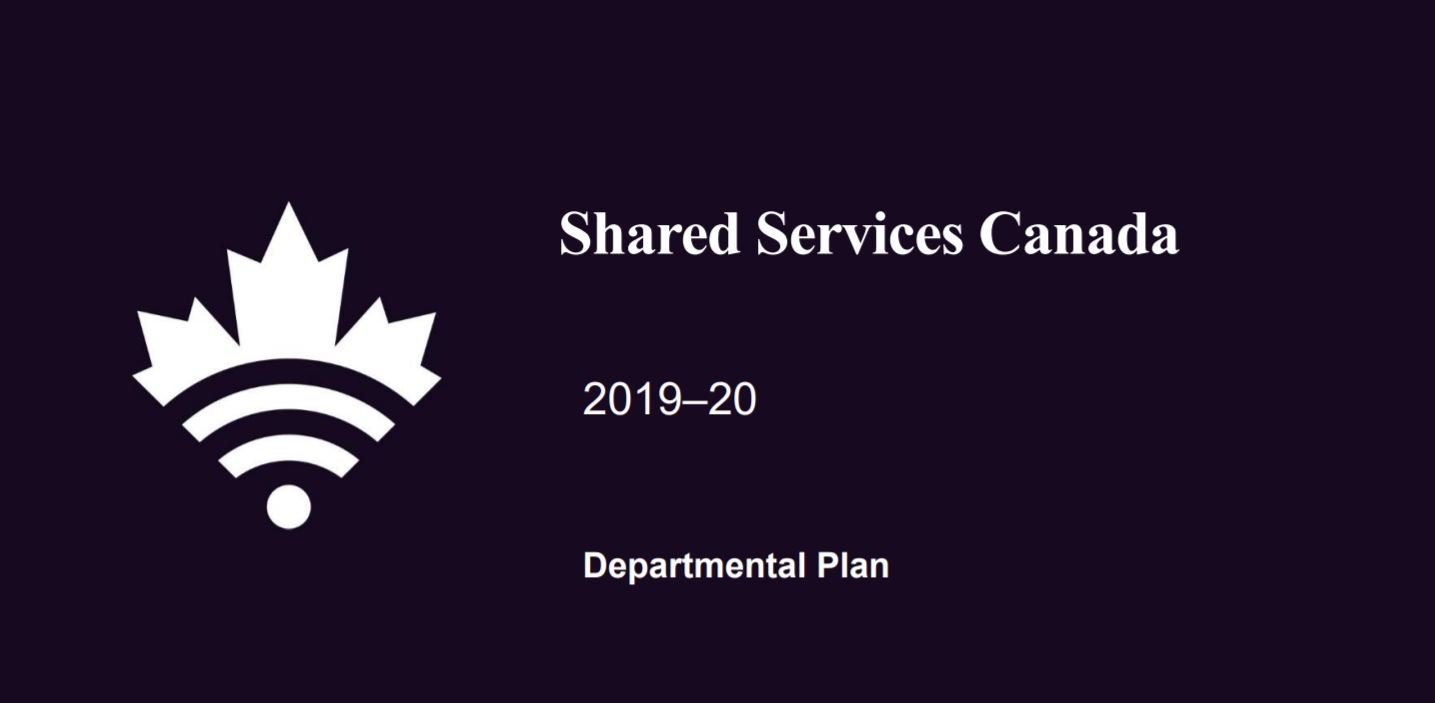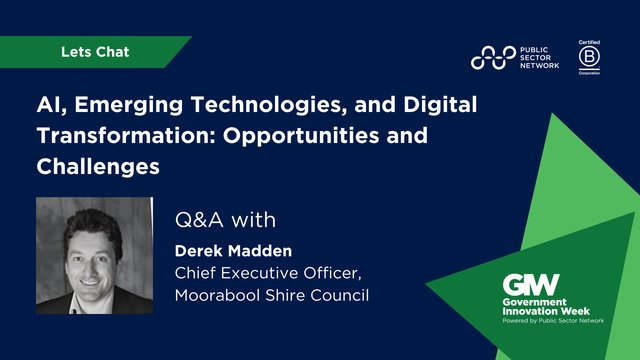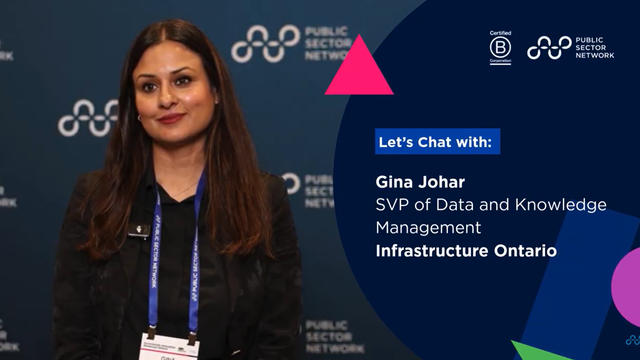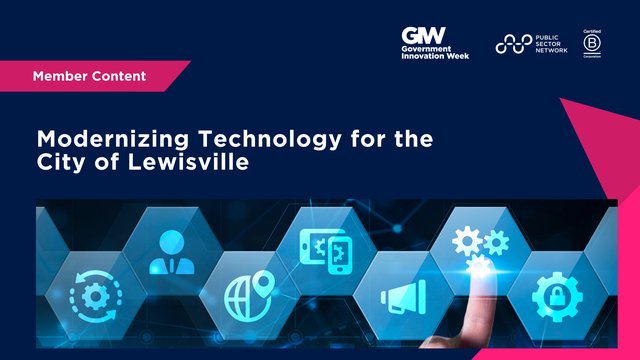Tell us about the journey to your current role and what this role entails?
As Information Commissioner and CEO of the IPC I have a broad and interesting regulatory responsibility covering over 220 entities across five different sectors. Each of these sectors has a unique difference, including their purpose – for example, commerciality to issues of state and national security. Bringing about cultural and systemic change in each of these different entities to deliver better information access outcomes for citizens and ensuring the integrity of the information access system, is central to my regulatory responsibilities. My extensive regulatory, governance, executive and board experience has honed my capacity to implement a robust regulatory framework that identifies risk and measures performance. With that knowledge, regulatory strategies can be customised and effective operational solutions implemented. My background in regulating a wide range of commercial and not for profit industries, together with my board experience has also provided me with unique capabilities in measuring the resultant regulatory outcomes. This is demonstrated through the IPC’s public reporting, including an electronic agency performance dashboard that applies the data provided annually by agencies, and other technological tools and guidance to make compliance easier for agencies and achieve the strategic purpose of making government more open and accountable to citizens. Can you describe a project you are working on/recently completed, and any key challenges you have faced along the way and how they were overcome?
To be effective in promoting open government I must work across the regulatory spectrum and apply tools to ensure better systems, policies and data that can be very persuasive in making the case for change and also reporting the results. Under the GIPA act, agencies must report their performance data annually. I then publically present an analysis of the results of that agency performance data. Reporting data should never be a stagnant exercise. It must inform action – in particular, regulatory action. I am currently finalising my latest report on the operation of the GIPA Act which includes performance data. A key challenge is to ensure the data presented, and its analysis is understood, and that effective solutions are implemented. This way the report becomes a regulatory tool for both agencies and the regulator. To address this challenge we have used a data visualisation tool and presented outcomes in a national dashboard so that we can compare the performance of each agency in NSW, while also assessing NSW against every other state and territory, and the Commonwealth. The insights gained through this reporting enables agencies and the Information and privacy Commission to develop strategies to respond to the identified risks and harms, as well as share knowledge and effective regulatory solutions to assist agencies in upholding the right to access information. What did you learn from this project? What did it achieve? See above What excites you most about the future?
The opportunities presented by data to gain greater insights and to respond more effectively to citizen needs. Fundamental to that outcome is the essential compact between Data and technology provides us with a greater opportunity not only to connect and share but to genuinely respond to the views of citizens in a holistic way. Under the GIPA Act we have the public interest test that requires decision makers to balance many factors in deciding whether to release information. That test provides a framework – and a justification for the decision requires examination of relevant factors including commercial sensitivities, individual privacy, government accountability, effective oversight of the expenditure of public funds and the contribution to a positive informed debate on issues of public importance. The next frontier in building accountability in the management of government information will be guided by ethics and citizen engagement. Data ethics, such as the public interest test, provides the basis for ethical decision making informed by citizen input. It can, when properly understood and applied, address ambiguity and provide principles that guide an assessment of: public benefit, individual and collective good, citizen rights, justice and virtuous conduct. On behalf of all state, territory and the commonwealth Information Commissioner, I am currently leading a commitment under Australia’s Open Government partnership Nation Action Plan that will provide insights into citizens’ experience of gaining access to information. The data obtained will enable us to respond more effectively to citizen needs. I am most excited to contribute to the developments in data ethics and public engagement, to promote integrity and open government. If you could give one piece of advice to someone looking to further their career in government, what would it be?
In a rapidly changing world ensure you maintain the currency of the information available to you and your capacity to interpret and apply that information. Where do you look to for further education? E.g. articles, podcasts, news sources, courses – e.g. University, online, internal etc?
All of the above and conference papers. What are you most looking forward to at the Data Management and Analytics series?
Gaining insights into contemporary issues in data and technology and maintaining the currency of the information available to me and my capacity to interpret and apply that information.


































